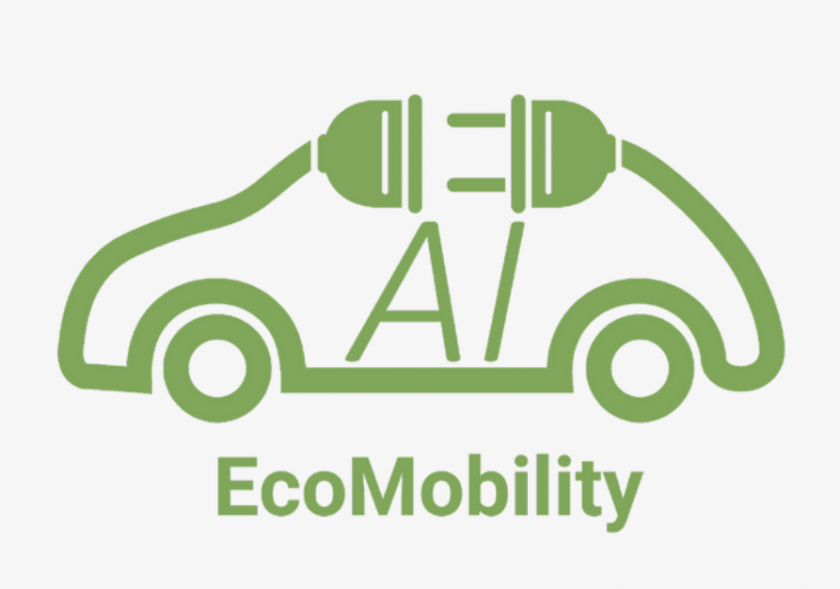
Starting from May 1st, 2023, the Institute of Electronics and Computer Science (hereinafter – EDI) has started the implementation of a project named “Intelligent, Safe and Secure Connected Electrical Mobility Solutions: Towards European Green Deal and Seamless Mobility” (hereinafter – EcoMobility) under the “Horizon Europe” KDT Joint Undertaking. The project aims to establish a service-centric, connected mobility ecosystem, facilitating the transition from isolated and static transportation means towards a sustainable, end-to-end mobility solution.
EcoMobility will support the European industry and cities by sharing data and services across involved stakeholders, enabling cooperative development, deployment, operation, and life cycle management of connected adaptive mobility solutions. The project will contribute to increased public acceptance of electrified autonomous vehicles, provide technological advancements and establish regulatory frameworks. Devops practices will be established within the supply chain with continuous and customized cloud-based addition and improvement of mobility services. EcoMobility will support contract-based run-time coupling of mobility services within edge/cloud-based services for deployment of AI solutions, coupled with monitoring, analysis, and coordination of vehicles, transportation infrastructures, and people.

EcoMobility will deliver reliable and enhanced vision, perception, including HD maps, and localization systems for safe, connected, and automated vehicles. It will provide customized and improved fail-operational ADAS systems reflecting technology capabilities of heterogeneous vehicles and protecting vulnerable road users. The project will also provide energy-aware control and scheduling of electric vehicles, including smart Battery Management Systems (BMS) and coordination with other transportation means.
“Ensuring the European Union maintains and strengthens its prominent position in the automotive industry is of utmost importance. This necessitates the further advancement of new technologies, not only to enhance the performance, safety and security of connected and automated driving, but also to align with Europe’s strategic objectives of Green deal. To accomplish this, continuous investment in research and innovation is imperative. Hence, it brings us immense pleasure to announce that EDI, in collaboration with industry leaders such as TTTech Auto, Infineon, NXP Semiconductors, Valeo, AVL, Siemens, and more, has launched the EcoMobility project. With ambitious goals, this project aims to make a substantial contribution towards Europe’s strategic objectives,”
emphasizes EDI Deputy Director for Development and Leading Researcher Dr. Kaspars Ozols.
“Improved automotive vision systems are a crucial stepping stone towards safe and sustainable transportation, hence developing reliable and energy efficient solutions is in the center of attention. To address this challenge, the field of neuromorphic computing, a brain-inspired branch of AI, holds great promise. Specifically, spiking neural networks (SNNs), which mimic the structure and functionality of the nervous system, offer notable advantages such as speed and energy efficiency. Until now, the lack of efficient hardware accelerators has hindered the widespread adoption of SNNs. Nevertheless, this situation is rapidly changing, and EDI, with its expertise in reconfigurable logic devices, is well-positioned to contribute to further advancements in this field of research,”
on new frontiers in neuromorphic machine perception reflects Edgars Lielāmurs, the research assistant at EDI.
The EcoMobility project is led by TTTech Auto, a leading provider of automotive software and hardware platforms for automated driving and beyond. With a total budget of 36 million euros the project brings together 47 partners from 8 EU countries and one associated country (Germany, Austria, Belgium, the Netherlands, Italy, Latvia, Greece, Spain and Turkey), including 14 Large Entities, 18 Small Medium Enterprises, and 15 research partners. EDI will focus on developing and implementing object detection algorithms using Spiking Neural Networks (SNNs). EDI will also develop a mathematical model for SNNs and design an FPGA-accelerator to support the integration of SNN-based solutions into existing perception systems via high-speed communication interfaces. These SNNs have the potential to bring new approaches to AI applications, such as adopting asynchronous sensors like DVS cameras or pre-processed radar data. EDI will also design a real-time environmental model that can monitor traffic actors and output a probability-based grid-like occupancy map suitable for path planning. The model will identify traffic actors using multi-modal inputs and output an encoded list of detected objects, including their position, orientation, bounding box size, movement, acceleration vectors, and object’s type. The occupancy grid-based environmental model encapsulating the vehicle’s outer environment and traffic actor dynamics will provide real-time updates for probabilistic tracking of traffic agents in real time as well as their trajectory planning.
The project’s demonstrators will showcase the project’s findings and capabilities for the end-to-end sustainable mobility ecosystem, impacting improved trust, safety, security, efficiency, and ecology of mobility solutions to a level appropriate for mass-market deployment. Emerging innovations will leverage the expertise of industrial and research partners within the mobility value chain, giving Europe a competitive edge in a growing market with direct contributions to the European goal of zero road fatalities by 2050.
The European Project EcoMobility had its official kick-off on May 24th, 2023, with a 2-day event hosted in Vienna by the coordinator TTTech Auto AG.

For more information on the EcoMobility project, please contact Dr. Kaspars Ozols (+371 67558161, kaspars.ozols@edi.lv).